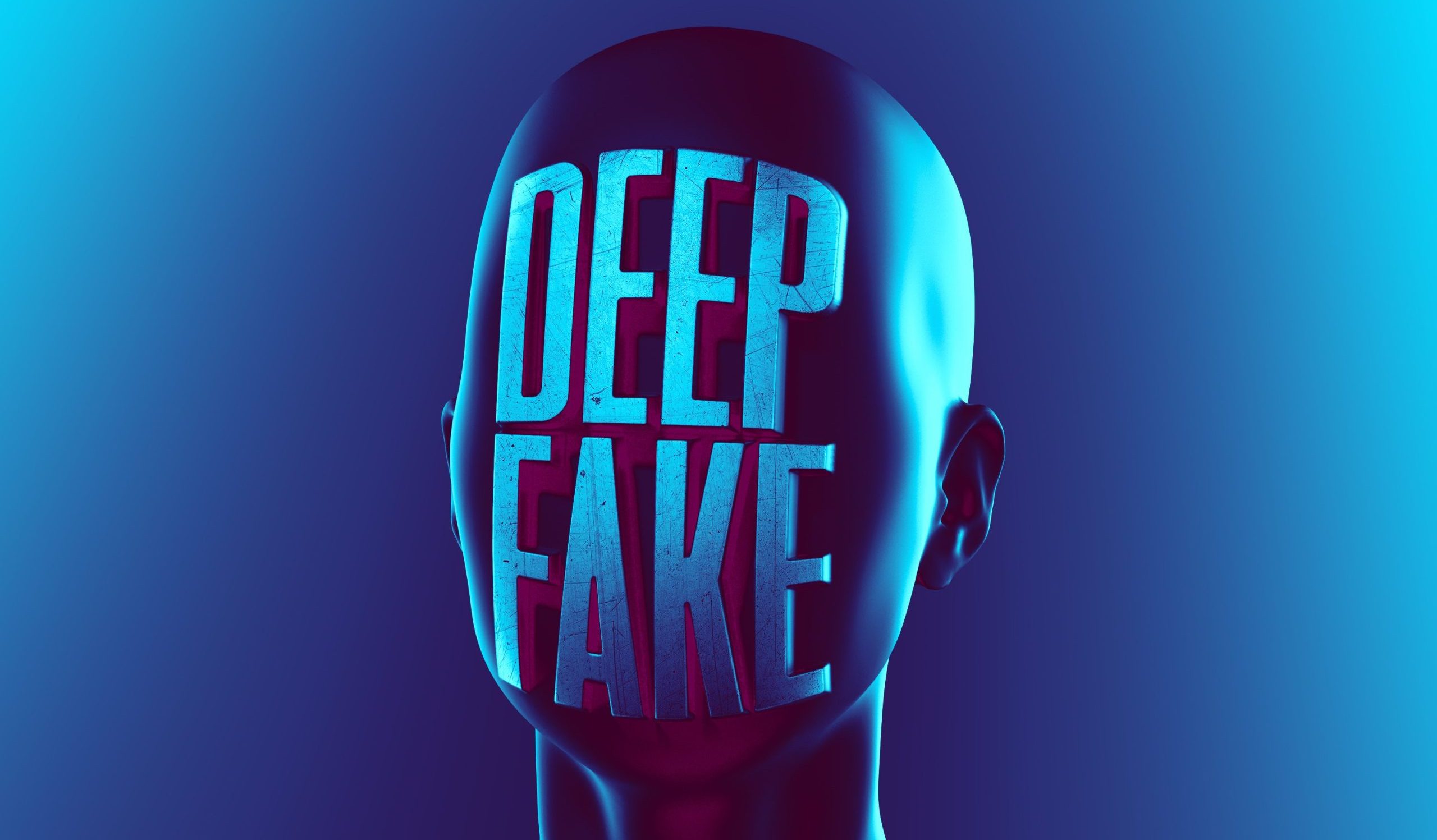In recent years, advancements in artificial intelligence (AI) and machine learning have given rise to a phenomenon known as deepfakes. These are hyper-realistic digital manipulations of images, audio, and videos that can make it appear as though someone is doing or saying something they never did. While deepfakes can have benign applications in entertainment and art, their misuse, particularly involving celebrities, has become a growing concern. Here, we explore the various side effects of celebrity deepfakes and their broader implications.
1. Erosion of Trust
One of the most significant side effects of celebrity deepfakes is the erosion of trust. When deepfakes are indistinguishable from real footage, it becomes challenging to discern fact from fiction. This undermines public trust in media and information, making it easier for misinformation to spread. The credibility of authentic content is questioned, leading to a general skepticism towards media.
2. Damage to Reputation
Deepfakes can severely damage the reputation of celebrities. A deepfake video showing a celebrity engaging in inappropriate or illegal behavior can tarnish their public image, leading to career setbacks, loss of endorsements, and personal distress. Even if the deepfake is debunked, the initial damage can be long-lasting and difficult to repair.
3. Privacy Invasion
Creating and disseminating deepfakes is a blatant invasion of privacy. Celebrities, like all individuals, have a right to privacy that is violated when their likeness is used without consent. Deepfake technology can create highly personal and damaging content that the subject has no control over, leading to feelings of powerlessness and victimization.
4. Legal and Ethical Issues
The rise of deepfakes poses significant legal and ethical challenges. Laws regarding the creation and distribution of deepfakes are still in their infancy, and enforcing them can be complex. The ethical implications of using someone’s likeness without permission are also profound, raising questions about consent, authenticity, and the potential for misuse.
5. Impact on Mental Health
The psychological impact of deepfakes on celebrities can be substantial. Being the subject of a deepfake can cause stress, anxiety, and a sense of violation. The constant fear of being targeted by deepfake creators can take a toll on mental well-being, leading to long-term psychological issues.
6. Misuse in Cybercrime
Deepfakes are increasingly being used in cybercrime. From impersonating celebrities to scam people to creating fake endorsements for products, deepfakes can be leveraged for fraudulent activities. The convincing nature of these forgeries can deceive fans and followers, leading to financial and reputational harm.
7. Cultural and Societal Impact
The proliferation of deepfakes can have broader cultural and societal implications. As deepfake technology becomes more accessible, the potential for its misuse increases, leading to a culture of distrust and suspicion. The normalization of manipulated content can desensitize the public to the ethical considerations of media consumption and production.
8. Challenges for Content Moderation
Deepfakes present a significant challenge for content moderation on social media platforms and other online forums. Detecting and removing deepfake content requires sophisticated technology and constant vigilance. Despite advancements in detection algorithms, keeping pace with the rapidly evolving deepfake technology remains a daunting task.
Conclusion
The side effects of celebrity deepfakes are far-reaching and multifaceted, impacting individuals, industries, and society as a whole. While technological advancements bring about exciting possibilities, they also necessitate a careful consideration of the ethical and legal ramifications. Addressing the challenges posed by deepfakes requires a collaborative effort involving technology developers, legal experts, policymakers, and the public to ensure a balanced approach that safeguards against misuse while promoting innovation.

